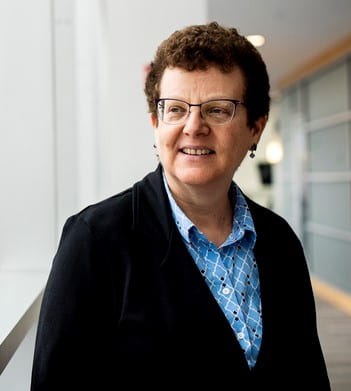
Miriam Leeser
Miriam Leeser is Professor of Electrical and Computer Engineering at Northeastern University. She has been doing research in hardware accelerators, including FPGAs and GPUs, for decades, and has done ground breaking research in floating point implementations, unsupervised learning, medical imaging and privacy preserving data processing. She received her BS degree in Electrical Engineering from Cornell University, and Diploma and Ph.D. Degrees in Computer Science from Cambridge University in England. She has been a faculty member at Northeastern since 1996, where she is head of the Reconfigurable Computing Laboratory and a member of the Computer Engineering group. She is a senior member of ACM, IEEE and SWE. Throughout her career she has been funded by both government agencies and companies, including DARPA, NSF, Google, MathWorks and Microsoft. She is the recipient of an NSF Young Investigator Award and the prestigious Fulbright Scholar Award.
Postdocs
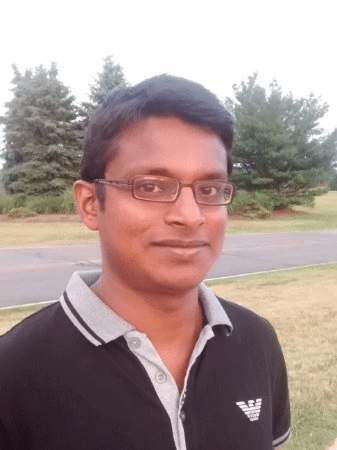
Suranga Handagala
Suranga received his B.Sc. degree in Electronic and Telecommunication Engineering from University of Moratuwa in 2009, and M.S. degree in Electrical Engineering from The University of Akron in 2016. He is currently the FPGA Engineer on the Open Cloud Testbed. His research focus is on physical layer implementation of wireless communication standards using reconfigurable SoCs, and multiple protocol coexistence.
Current PhD Students

Dana Diaconu
is a PhD student, currently focusing on building and optimizing FPGA-based inference accelerators for 3D CNNs. She takes special interest in Hardware/Software co-design, FPGAs and heterogeneous architectures.
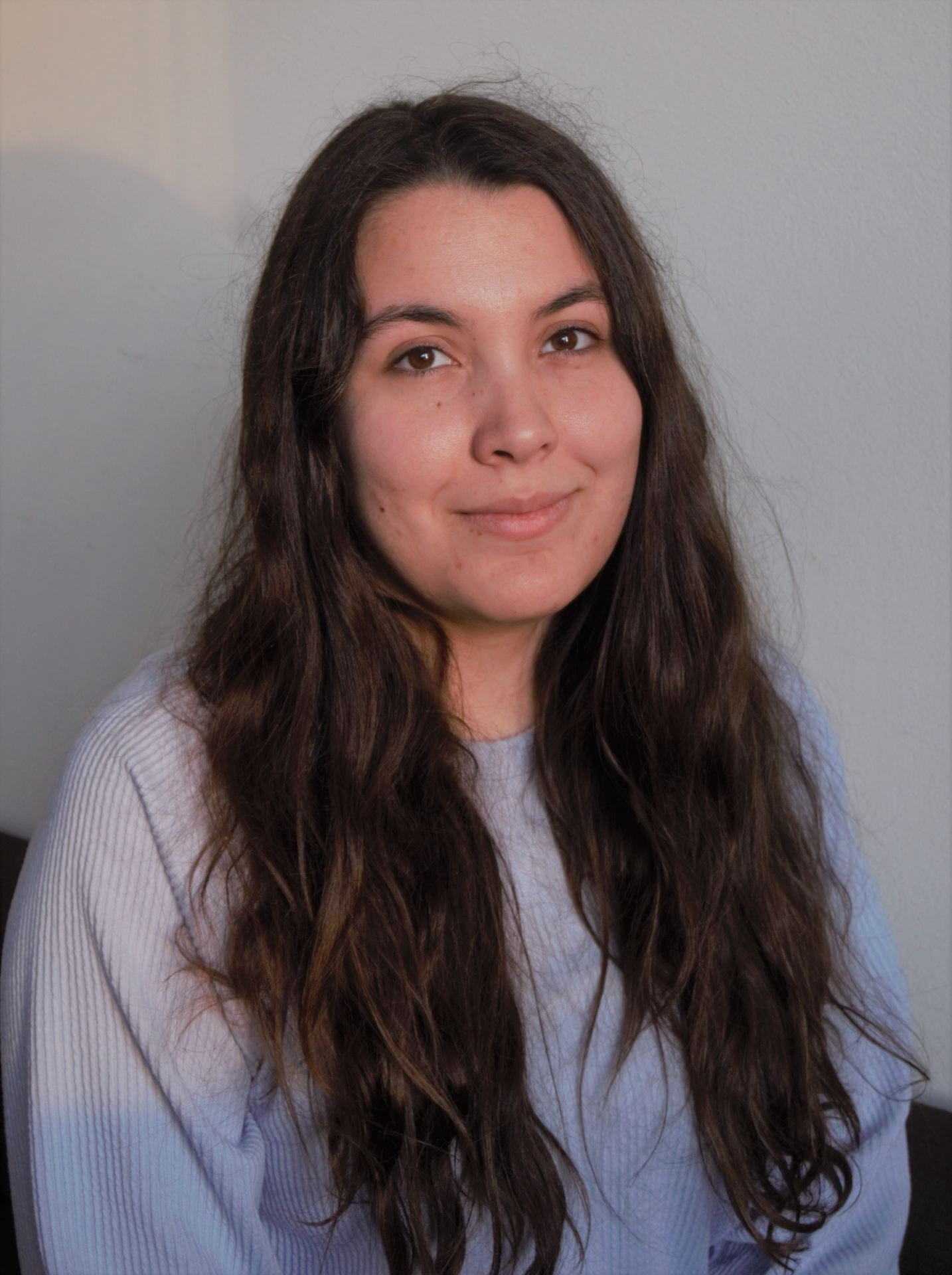
Maria Victoria Gianello
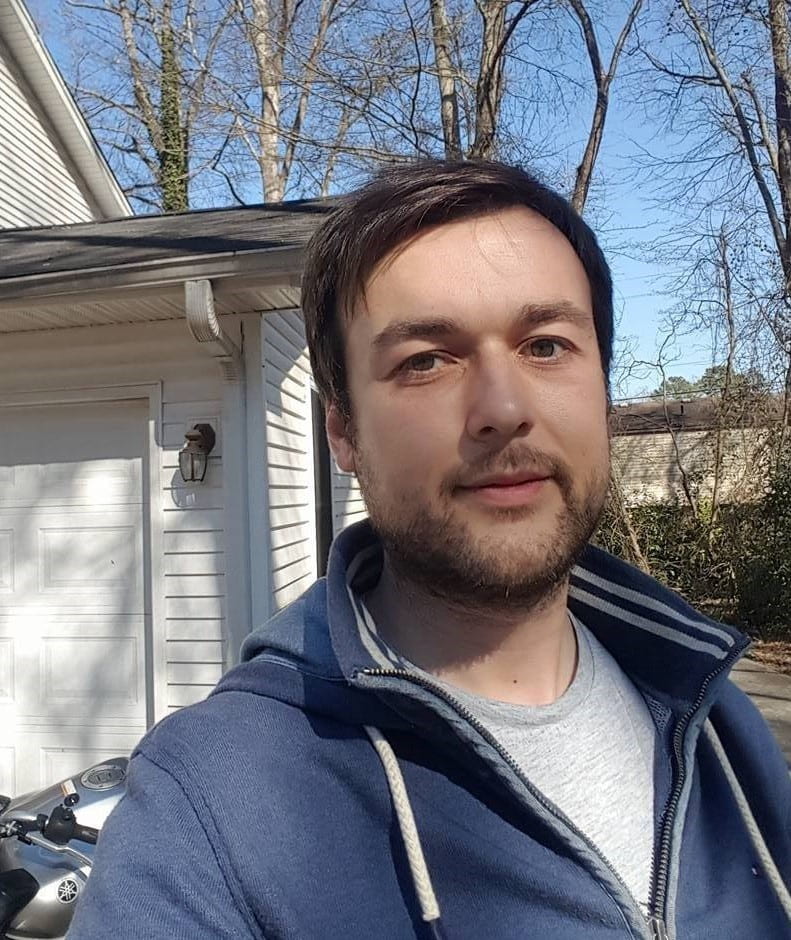
Mehmet Gungor
Mehmet graduated from Kadir Has University in Turkey with a B.S. in Computer Engineering.
He completed his M.S. in Intelligent Systems field working on Ultra-wideband Systems and their application to indoor tracking at Clemson University.
After he graduated with his MS degree, he joined Northeastern University’s Computer Engineering PhD program and the Reconfigurable and GPU Computing Laboratory in the spring of 2017. He is now working on hardware-software co-design for garbled circuits.

Zhaoyang Han
A PhD candidate at Northeastern University advised by Prof. Miriam Leeser. He received his Bachelor’s degree at University of Manchester and Master’s degree at University of Pennsylvania. His main focus is on reconfigurable hardware and networking systems.

Kai Huang
coming soon…

Yiyue Jiang
coming soon…
Undergraduate Researchers
More information soon.
Past Students and Affiliates
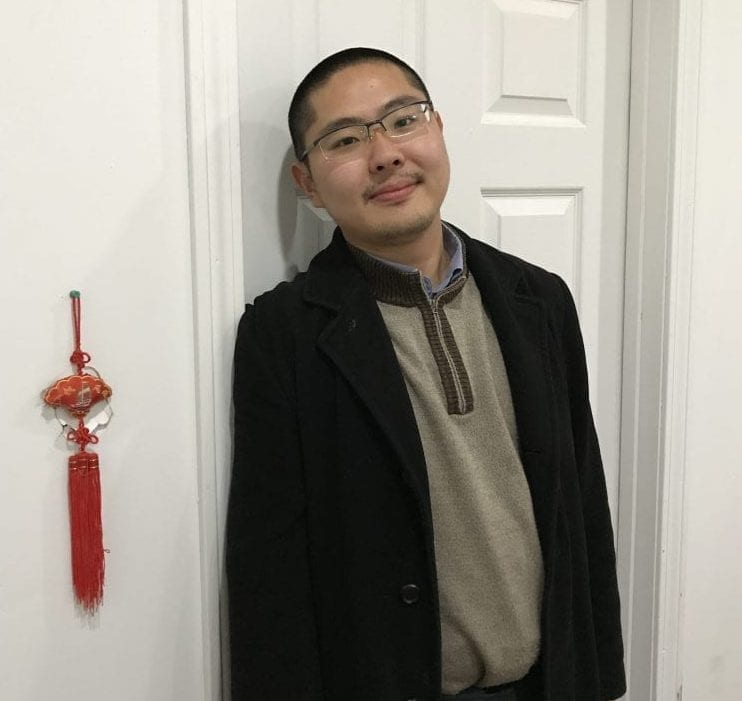
Jieming Xu
Jieming Xu is PhD candidate in the Department of Electrical and Computer Engineering at Northeastern University. He graduated from Southeast University, Nanjing, China in 2014 and received his master’s degree from the ECE Department, Northeastern University in 2017. He used to work in the field of signal processing in hyperspectral image compression. He is now working on software and hardware co-design in wireless communication systems. His research mainly focuses on the design of wireless communications systems on heterogeneous computing architectures.

Chao Lui
I am a PhD candidate in Computer Engineering program at Northeastern University and joined the RCL lab in 2013. My research interests are mainly about high performance computing, GPU computing, parallel programming and parallel application development, especially using MPI, CUDA, threads etc. My current dissertation research is about implementing a light weight and portable parallel programming framework based on task and conduit model on heterogeneous parallel computing platforms.
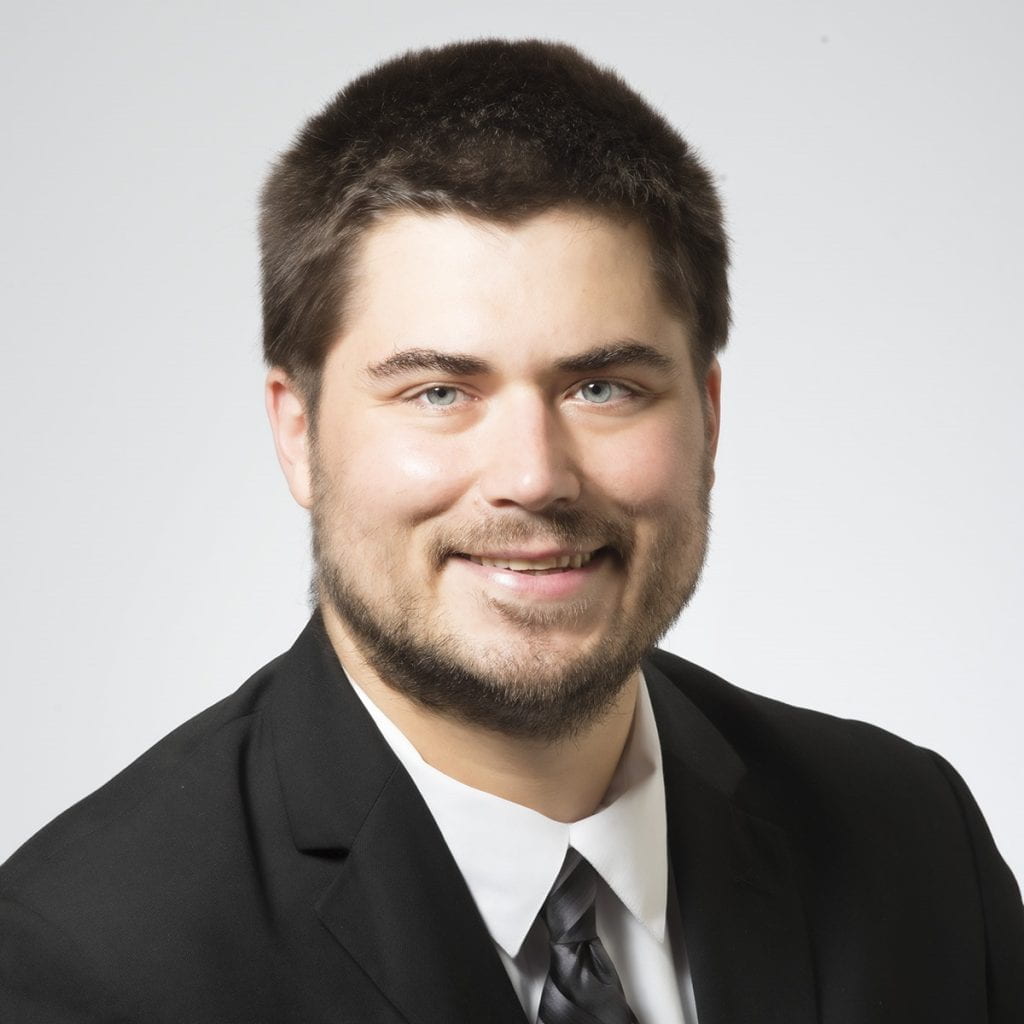
Ben Drozdenko
Ben Drozdenko is an Assistant Professor of Cyber Engineering at Louisiana Tech University. His research interests include Smart Cities, Internet of Things, FPGA and heterogeneous computing, wireless networking, and software-defined cognitive radio. He instructs courses in Embedded Systems and Digital Design. In Summer 2017 as a lecturer at Northeastern University, he delivered the special topics course “Wireless Networking Technologies: Design and Simulation”. As a full-time Ph.D. candidate in Computer Engineering at Northeastern University and a graduate research assistant in the Reconfigurable and GPU Computing Laboratory, he published papers in IEEE Transactions in Emerging Topics in Computing, Field Programmable Logic and Applications, IEEE Access, Infocom, DCOSS, and CrownCom. His 2017 dissertation is entitled “Enabling Protocol Coexistence: Hardware-Software Codesign of Wireless Transceivers on Heterogeneous Computing Architectures.” In his nearly 10 years of industry experience, he worked as a Training Engineer and Signal Processing Content Specialist at MathWorks, where he developed the LTE System Toolbox documentation, and as a Systems Engineer at Raytheon Integrated Defense Systems, where he performed system validation, test, and analysis on a forward-based X-band Radar for the Ballistic Missile Defense System project.
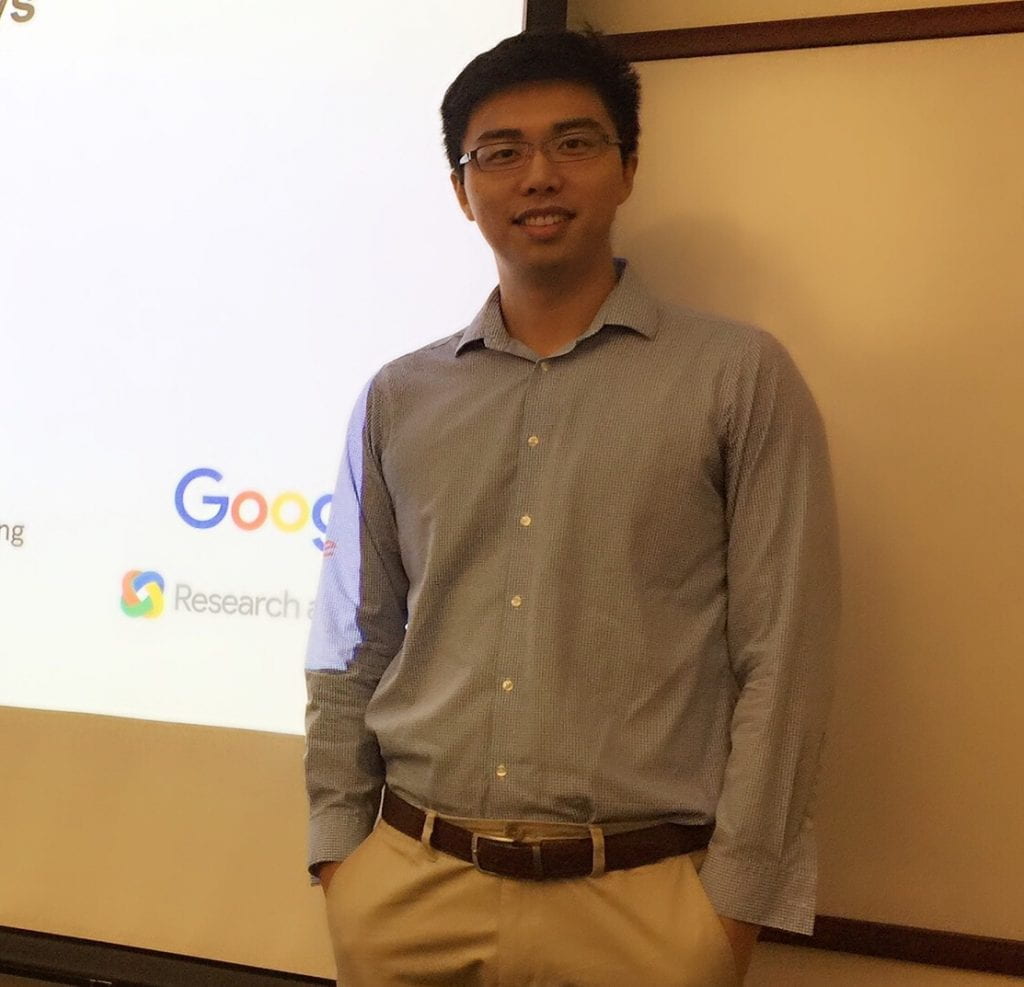
Xin Fang
Xin received his Ph.D. in Computer Engineering in Aug 2017. His dissertation title is “Privacy Preserving Computations Accelerated using FPGA Overlays.” He got his master degree in Computer Engineering in 2013 in the same lab. The thesis title is “Variable Precision Floating Point Reciprocal, Division and Square Root for Major FPGA Vendors.” Before joining Northeastern University, he received his B.S. in Electrical Engineering from Shandong University.
His research involves the infrastructure of heterogeneous computing systems using FPGAs, which includes leveraging FPGA overlay architectures for secure function evaluation. He also works on side-channel analysis on the SHA-3 algorithm and countermeasures on FPGAs for “Testbed for Side-Channel Analysis and Security Evaluation” (TeSCASE https://tescase.coe.neu.edu ) and the “Variable precision Floating Point Library” (VFLOAT) in the Reconfigurable and GPU Computing Lab.
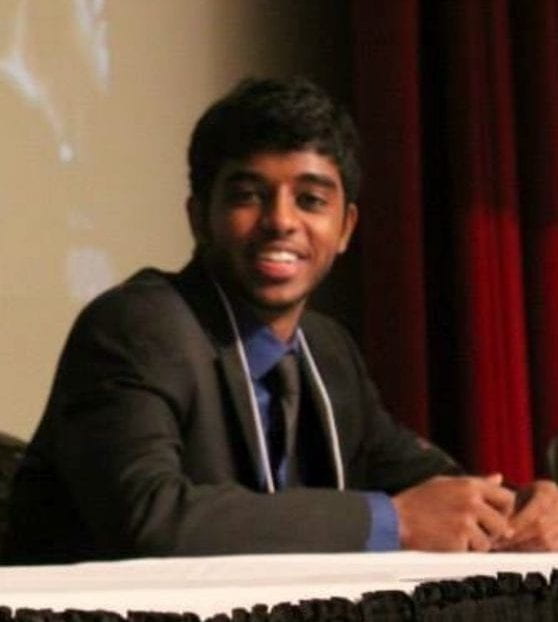
Mohamed Mohamed
Mohamed received his BS degree in Electrical Engineering from the University of Massachusetts Amherst in 2017. He is currently pursuing his MS degree in Electrical Engineering at Northeastern University. His research focus is in microwave circuits and wireless communication.

Laurie Smith King
Laurie earned her PhD at the College of William and Mary in Virginia and is a professor of computer science at the College of the Holy Cross. Her research interests are in programming languages and hardware-software co-design. She has enjoyed three fulltime research leaves at the lab, AY2000-01, AY2005-06, and most recently AY2012-13. In addition to Laurie’s research interests at the lab, she has been involved with computing education concerns for decades. Her term as Editor-in- Chief of ACM Inroads runs through 2018. She has co-chaired both national SIGCSE Technical Symposium and regional CCSC-NE conferences. She is both an IEEE member and a lifetime member of ACM as well as SIGCSE and SIGCAS.